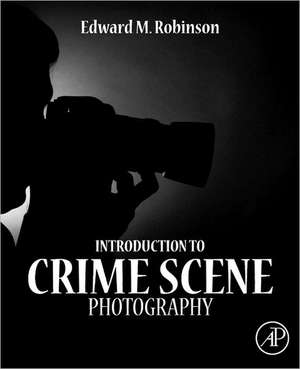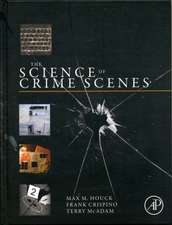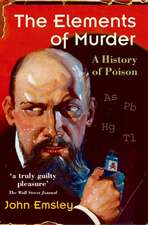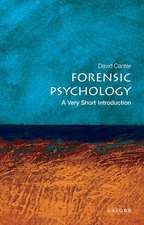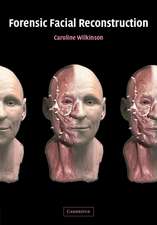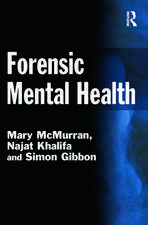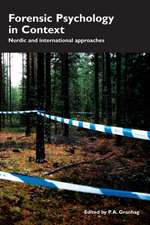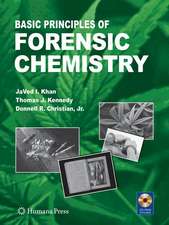Introduction to Crime Scene Photography
Autor Edward M. Robinsonen Limba Engleză Hardback – 14 aug 2012
Organized into seven chapters, the book begins with an overview of crime scene photography and composition, including the three cardinal rules of good photography. It then proceeds with a discussion of the benefits of bounce flash and how to utilize this technique to properly compose the subject of interest. It also explains how to capture any image necessary at the crime scene by combining the concepts of composition, nonflash exposure, DOF, flash exposure, and the use of various types of lenses. In addition, the reader is introduced to various energy sources and filters, digital processing of evidentiary photography, and legal issues related to photographs and digital images. Examples and illustrations are provided throughout to demonstrate how the concepts examined tend to form a sort of symbiotic relationship.
This text will benefit scene investigators and photographers, forensic consultants, forensic scientists, undergraduate students in forensic and/or criminal justice programs, law enforcement professionals, and anyone who wants to acquire the skills needed to be a successful crime scene photographer.
- Contains over 350 high-quality 4-color images
- Rules of Thumb are included to highlight key concepts
Preț: 371.51 lei
Preț vechi: 436.16 lei
-15% Nou
Puncte Express: 557
Preț estimativ în valută:
71.10€ • 74.25$ • 58.95£
71.10€ • 74.25$ • 58.95£
Carte tipărită la comandă
Livrare economică 04-18 februarie 25
Preluare comenzi: 021 569.72.76
Specificații
ISBN-13: 9780123865434
ISBN-10: 0123865433
Pagini: 432
Ilustrații: Illustrations
Dimensiuni: 191 x 235 x 30 mm
Greutate: 1.36 kg
Editura: ELSEVIER SCIENCE
ISBN-10: 0123865433
Pagini: 432
Ilustrații: Illustrations
Dimensiuni: 191 x 235 x 30 mm
Greutate: 1.36 kg
Editura: ELSEVIER SCIENCE
Public țintă
Undergraduate students in forensic and/or criminal justice programs, law enforcement training centers, police academies and local agencies. Crime scene investigators/photographers, forensic consultants, forensic scientistsCuprins
1. An Overview of Crime Scene Photography and Composition
2. Exposure
3. Focus, Depth of Field and Lenses
4. Electronic Flash
5. Energy Filters and Sensors: Ultraviolet/Visible/Near InfraredGerald B. Richards
6. Digital Processing of Evidentiary PhotographyDavid “Ski Witzke
7. Legal Issues Related to Photographs and Digital Images
2. Exposure
3. Focus, Depth of Field and Lenses
4. Electronic Flash
5. Energy Filters and Sensors: Ultraviolet/Visible/Near InfraredGerald B. Richards
6. Digital Processing of Evidentiary PhotographyDavid “Ski Witzke
7. Legal Issues Related to Photographs and Digital Images
Recenzii
"The book initiates the novice to all the essentials of basic crime scene photography techniques." --Evidence Technology Magazine, July-August 2013
